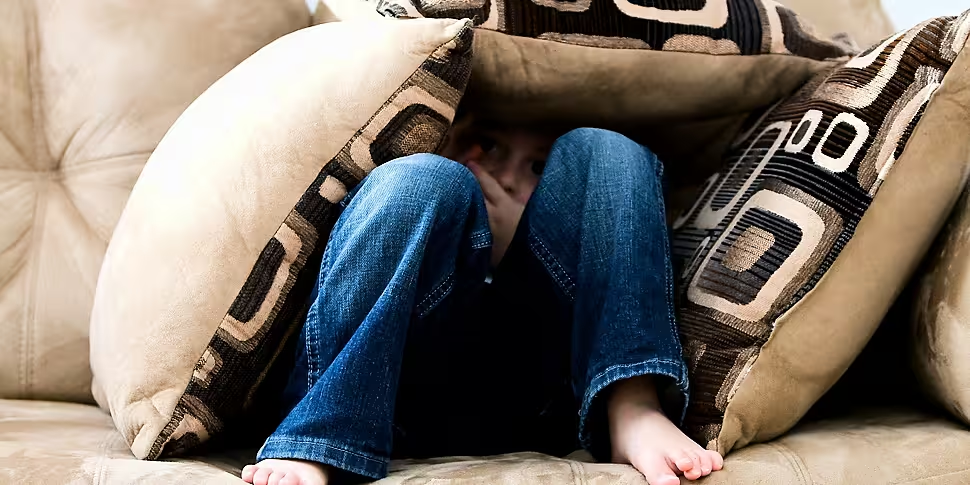On this week's parenting slot, a father wants advice about how to handle his six-year-old son's increasingly concerning tantrums and temper.
Joanna Fortune, psychotherapist specialising in Child & Adult Psychotherapy, joined Moncrieff to answer this and other listeners' questions.
The question
I don’t know how to handle this problem my wife and I are having with our little boy. He’s six.
With the slightest disagreement - e.g. being told it’s bedtime or his friends going home from a playdate - he will fly off the handle into a massive tantrum - threatening us, threatening to leave, trying to hit us, or saying various other stuff he thinks will hurt us. He really loses his temper.
In the past, he has scraped the sides off his face, leaving marks on himself. He’s generally very remorseful shortly afterwards and then starts to scorn himself as to how useless and stupid he is. It breaks my heart.
My regret is that he most likely learned this behaviour. I fear I have set a bad example: I can get angry with unreasonable work-related demands, which he has seen more of with me now working from home. These are generally manifested in me giving out or complaining about something and occasionally losing my temper as well. I’m not violent, and I generally will be very hard on myself afterwards. I’m aware of this and try not to do any of this in front of him anymore.
How best can I console my little boy or try to subdue his temper, or does he need to visit a child psychologist?
Joanna’s advice
"I think what really jumps out at me is that yes you have an overtly angry little boy, but just barely simmering beneath that layer of anger is quite a degree of distress. He’s actually hurting himself.
"More than remorseful, he really turns that in on himself. There’s a high degree of distress involved here, and I think this dad has done quite a bit of reflection on where has it come from. At [the boy’s] age, he is still very much co-regulating rather than self-regulating. With his parents… he’s mostly going to lean on and lean into his parents to co-regulate with them.
"One of the best ways any of us can support our young children’s regulation is to work on our own self-regulation. That’s not about blaming a parent - far from it. This is about using that insight you have… let him see you lose your temper or get angry in a healthier way. Model for him how you self-regulate your frustration or disappointment or when you get overwhelmed, so he can learn from you as well.
"You could do a therapeutic parenting programme… something like circles of security. It really looks inwards… about what our experience of being parented, and where our triggers and so-called buttons come from. It’s then linking that to what happens within us, when our parents do and say something. If we can control those triggers ourselves, we can change that behaviour in our children in a much more therapeutic ways.
"The letter doesn’t say what as parents you’re doing and saying as what he’s doing in these angry episodes - that’s as important as what he’s doing. How do you reach him? How does his anger and rage make you feel? What are you doing with that in the moment and aftermath, to build in repair following the relational rupture?
"It does sound like disappointments and a perceived lack of control is what’s triggering this for him. What can you do to give him a heads-up? Maybe turning a big sand turner - saying ‘when the sand hits the bottom, playdate’s over’ - so he has more control over those endings.
"Tell him what he can do, to positively impact that anger and frustration. Also when you’re describing him as angry, let’s not see him or pigeonhole him as the angry child on your family. He is a child experiencing anger, but he is capable of a range of emotion. Help him build a broader emotional vocabulary, using ‘parts’ language like ‘this is actually your disappointed or frustrated part… this is coming out as anger, but I think you’re sad’. Help him understand his feelings. You could do that by putting them on a big piece of art paper… he assigns a different colour for every feeling, and he colours in his body where those feelings live. He can tell you a time he felt those feelings - so linking them to relational episodes.
"This isn’t just anger - this is about a whole set of other feelings going on."









